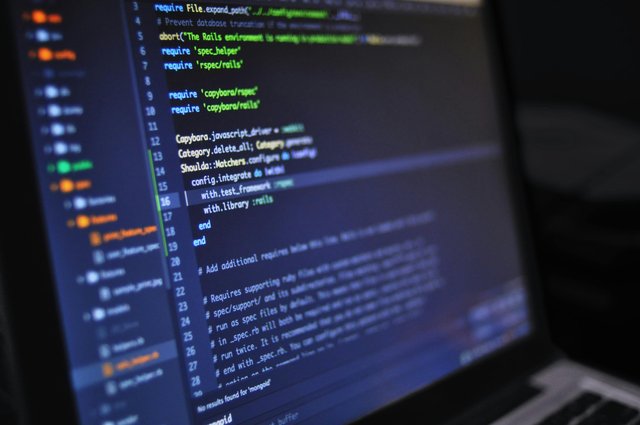Blockchain forensics is the practice of analyzing blockchain transactions to uncover information about their origins, flow, and ultimate destinations. This field is vital for ensuring transparency, security, and compliance within blockchain and cryptocurrency ecosystems.
Blockchain forensics professionals utilize advanced tools and techniques to trace transactions through the blockchain's immutable ledger. They identify patterns and connections between different wallet addresses, often linking them to real-world entities. This can help in uncovering illicit activities such as money laundering, fraud, and financing of illegal operations.
A significant aspect of blockchain forensics involves analyzing transaction metadata and using clustering algorithms to group addresses that are likely controlled by the same entity. Forensic experts also rely on off-chain data, such as exchange records and Know Your Customer (KYC) information, to supplement their analyses.
The work of blockchain forensics teams is crucial for regulatory compliance. They assist law enforcement agencies in tracking and recovering stolen or illicitly obtained cryptocurrency. They also help financial institutions and businesses ensure that their operations adhere to legal standards by identifying and mitigating risks associated with cryptocurrency transactions.
Overall, blockchain forensics plays a pivotal role in maintaining the integrity of the blockchain ecosystem, fostering trust, and facilitating the mainstream adoption of cryptocurrencies.
Thanks

~ Nesaty